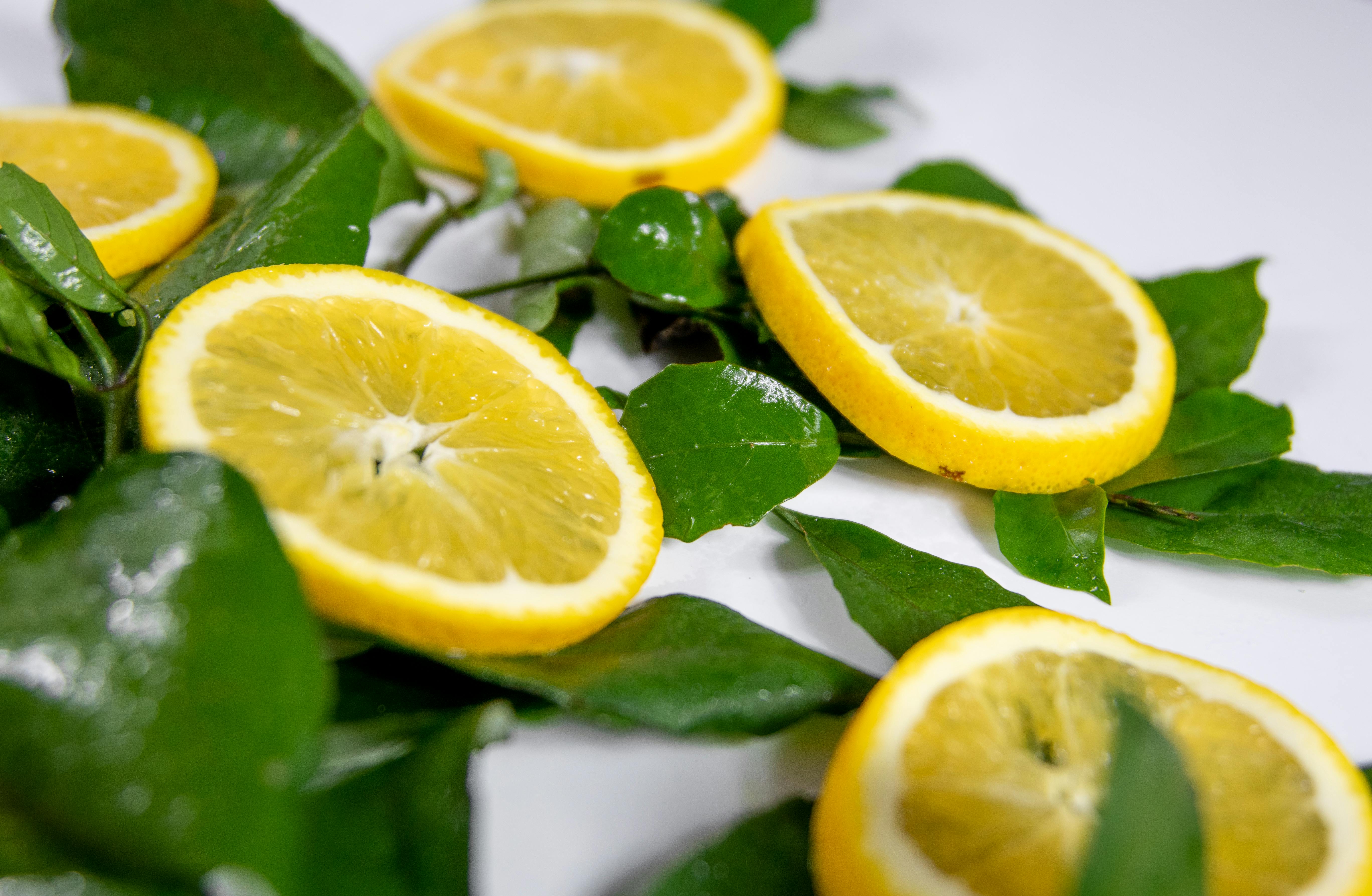Interested in a free source of fertilizer for your garden? Would you do it? Then stop throwing it away!
Every time you flush your urine down the toilet, you are wasting valuable water resources. You’re also causing pollution – high levels of nitrogen in your urine cause problems when released into rivers and streams, but removing nitrogen from water is a costly and energy-consuming process.
Urine is a valuable source of plant nutrients, primarily nitrogen with small amounts of phosphorus and potassium and other minerals. It has a 0.8 to 1 carbon to nitrogen ratio, making it an excellent compost activator if your compost pile is filled with carbon-rich materials.
You can even use urine as liquid food for your plants. It is too strong to use alone, dilute it with at least 5 parts water and water the soil around your plants, not the leaves. Urine is acidic and salty, so don’t add too much to any part of the garden, spread it around!
The plants that will most appreciate a dose of nitrogen are the hungry ones, which grow quickly. In the garden, try it with leafy greens and corn. Avoid using it on tomatoes and other fruit vegetables when they are flowering or bearing fruit. Too much nitrogen stimulates leaf growth, not heavy crops.
Use your fresh urine. Once it starts to smell, it turns the nitrogen into ammonia. Not only does it smell bad, but the nitrogen content is literally leaking!
There is no need to worry about the spread of disease – your urine is generally clean, and you cannot catch a disease that you do not already have. If you are particularly concerned about infections, then compost your urine and add its fertility to your garden that way. However, do not add urine to the worm compost bins, the worms will not like it!
If you are concerned about what the neighbors will think, don’t tell them! But using urine as a free source of fertilizer in your garden is not as old-fashioned as you might think. In fact, it’s frankly the space age! NASA has used urine as a source of nutrients for plants in its hydroponic systems.
